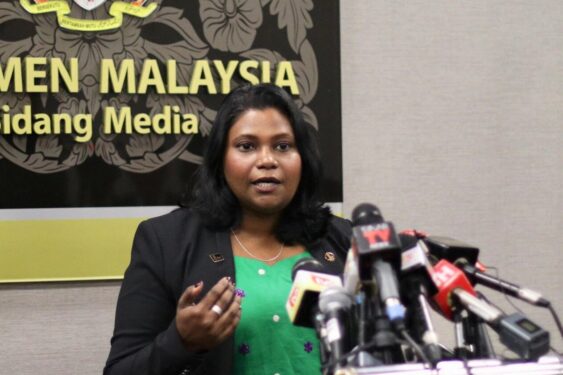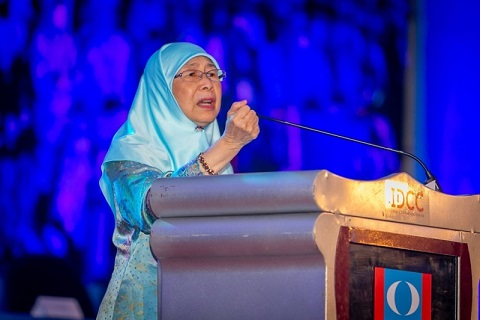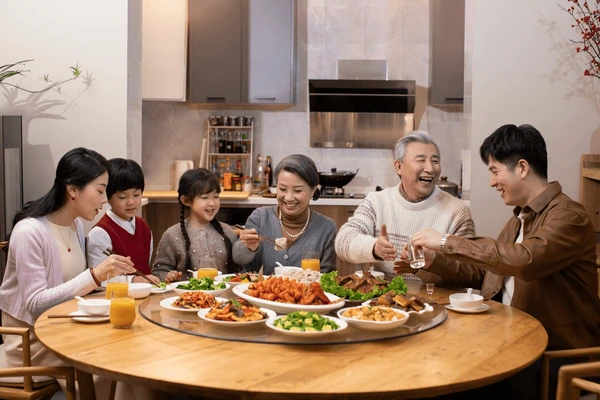MORE women representation in Parliament is tantamount to ensuring women have the equality to be of their male counterparts in Malaysian politics. We witnessed former deputy prime minister Datuk Seri Dr Wan Azizah Wan Ismail and the rise of many other women ministers in the cabinet and as members of parliament when Pakatan Harapan (PH) formed the government in 2014.
“For me, a better democracy is a democracy where women do not only have the right to vote and to elect but to be elected.” – Michele Bachelet.
This is why come GE15, whichever coalition forms the government, women representation must be prioritised when forming the cabinet. Several women MPs and leaders have time and time again reiterated the need for women representation in parliament and we are hopeful that they will be given the opportunity to be in governance and share their insights and expertise for nation building.
In an FMT report, the National Council of Women’s Organisations (NCWO) chairman Sharifah Hapsah Sahabuddin has expressed hope that the national polls would be a turning point when it comes to having more women representation in politics and that “tokenism” would be a thing of the past.
What does Sharifah mean when she says “tokenism”. During an interview with Astro Awani last night, she described the term as the act of fielding women candidates in random seats merely to show it was pushing for better representation.
Adding further that while some political parties have been vocal about greater women representation, which includes promises that at least 30% will be female candidates have yet to come to fruition.
“We are saying if 30% women are fielded, it should translate to 30% women in the legislature. That means we want the seats to be winnable seats.” she was quoted as saying during the interview.
Understanding the cruciality of having women representation, NCWO has formed a group called “Pantau PRU 15” with a sole purpose of keeping an eye on women representation in the upcoming Nov 19 national polls.
“We are going to see what the political parties are doing to ensure the (push for greater) women’s participation is upheld,” she added.

The group will vet the manifestos of political parties for gender-inclusive policies, as well as keep track of the number of women fielded, and their seats to make sure they are not fielded in unwinnable seats.
“We will get experts from Pantau PRU 15 to analyse the seats as they will know which seats are safe for whom. If we see women being fielded in seats that are not winnable, we will hold (the parties) accountable.” she stated further.
According to a research paper published by the European parliament, it stated that there are more efforts needed to bring young women into political parties, to train women leaders and boost women’s skills to participate actively in elections as candidates and voters.
The above also applies in the Malaysian political sense. Advocating for women representation also means the need to have younger women in their 20s and 30s take on politics. In the past, Nurul Izzah Anwar, Hannah Yeoh and Kasthuri Patto have been some of the examples of young women representation in parliament.
Looking internationally, New Zealand has some of the world’s best governance led by current Prime Minister Jacinda Ardern who has been applauded for her leadership while Finland welcomes the nation’s youngest serving woman Prime Minister Sanna Marin at age 34.
“Never thought about my age or gender. I think of the reasons I got into politics, and those things for which we have won the trust of the electorate,” said Marin.
“Neither the chains of dictatorship nor the fetters of oppression can keep down the forces of freedom for long.” said Angela Merkel, the Chancellor of Germany, during an Exchange of Toasts with former US president Barack Obama. – Oct 28, 2022
Main photo credit: The Malay Mail









